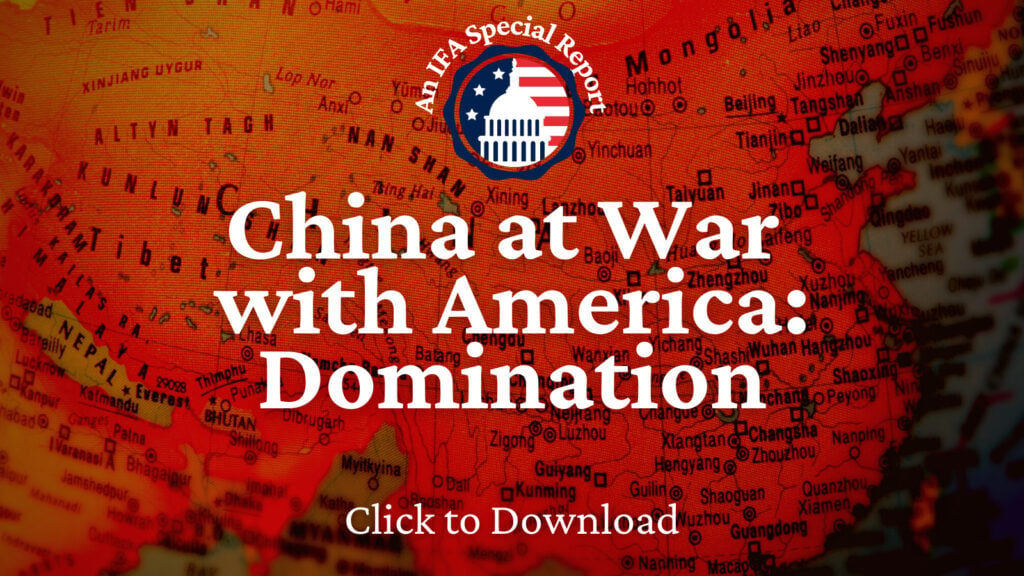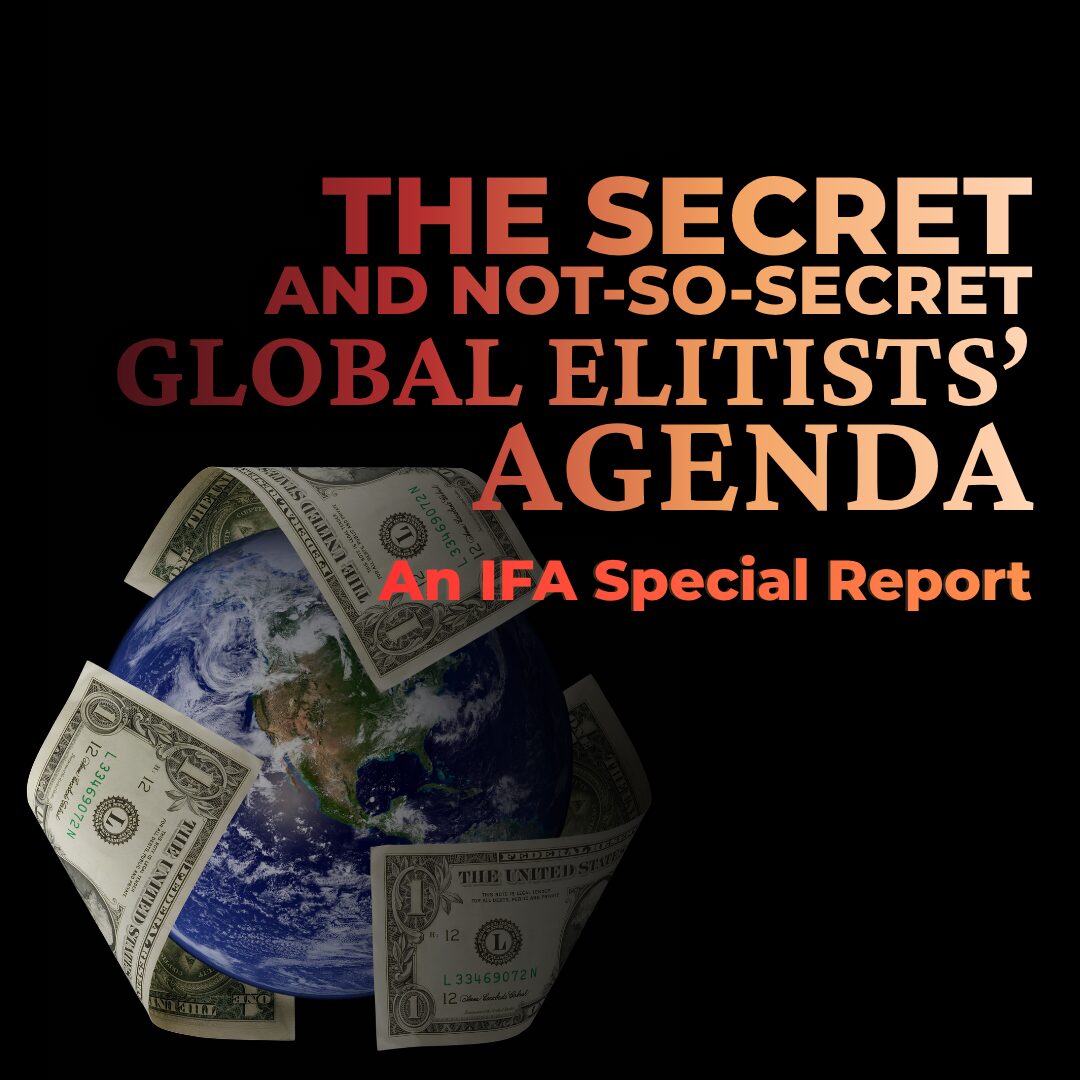China Brokers Middle East Deal
Prayer to Plead the Crown of Thorns Over America
Filtering News Through a Biblical Lens
Court Blocks Vax Mandate for Fed Employees
Israel Will Not Pass Bill Persecuting Christianity
China Brokers Middle East Deal
Analysis. Longtime Middle East enemies Saudi Arabia and Iran announced a peace deal this month that raised eyebrows in capitals around the world. But it was not just the parties themselves that surprised observers, it was also the deal’s broker: China.
This content is supported by your donations.
Give today.
For decades, the U.S. has been a key convener on agreements advancing security in that volatile region. But this time, our government was not a player. This time, it was China — America’s growing rival worldwide — that secured the diplomatic victory. And some appear to wonder what that might be signaling for U.S. leadership.
Tehran’s willingness to work with Beijing rather than Washington is no shock, of course. The Iranian regime’s aggressive schemes abroad and its repression of its own people have alienated that country from many in the West. Iran has become increasingly isolated and economically damaged by international sanctions, and now the ongoing domestic protests there appear to be threatening the Ayatollah’s rule.
Saudi Arabia, long a relative friend of the U.S., is a different story. It and Iran have a long history of strife and mutual distrust, and their relations have been particularly low in recent years. They have contended vigorously with one another throughout the region, particularly through a proxy war in Yemen, and they actually cut diplomatic ties with one another in 2016. In fact, Riyadh and several other Arab capitals appeared to be banding together — and also even with Israel — in understandings to counter the Iranian threat.
But both Saudi Arabia and Iran turned to China in an attempt to move past the strife. Now China is a big customer of both those oil-producing states, so it is certainly understandable that leaders in Beijing would be interested in a secure Persian Gulf on that basis alone. However, brokering a peace deal between the bitter rivals also appears to be sending a broader message.
One observer at the Project on Middle East Democracy told the New York Times that this is “a big deal.” She said: “China’s prestigious accomplishment vaults it into a new league diplomatically and outshines anything the U.S. has been able to achieve in the region since Biden came to office.”
Similarly, former ambassador Daniel Kurtzer, alluding to Saudi Arabia’s wariness of U.S. leadership in recent years, told the Times: “It’s a sign of Chinese agility to take advantage of some anger directed at the United States by Saudi Arabia and a little bit of a vacuum there. … [It’s] an unfortunate indictment of U.S. policy.”
Security and peace in the region is, of course, in line with U.S. interests. Following the deal’s announcement, a White House National Security Council spokesperson said the U.S. has “long encouraged direct dialogue and diplomacy to help reduce tensions and reduce risks of conflict.” But a deal that elevates China’s prestige in the region must be something American leaders are watching carefully.
Certainly, Israel is taking note. Some have suggested that it could be an opportunity — one that Israel hopes won’t derail normalization of relations with Saudi Arabia and other neighbors in the region. However, Israelis must also be wary of comments like those of Ali Shamkhani, secretary of Iran’s Supreme National Security Council, who said the agreement “will definitely be a serious obstacle to the presence and interference of extra-regional countries and the Zionist regime in the region.”
According to trade publication Breaking Defense, one Israeli government source said: “The Iran-Saudi agreement casts a big shadow. … Jerusalem will now have to rethink what to do when it sees the Iranian muscle flexing in contradiction to the vague U.S. policy in the region.”
Pray for our leaders as they weigh this development, whose implications go beyond the region to include the U.S.–China power struggle.
Aaron Mercer is a contributing writer with two decades of experience in the Washington, D.C., public-policy arena. Photo Credit: Canva.
Partner with Us
Intercessors for America is the trusted resource for millions of people across the United States committed to praying for our nation. If you have benefited from IFA's resources and community, please consider joining us as a monthly support partner. As a 501(c)3 organization, it's through your support that all this possible.


We use cookies to ensure that we give you the best experience on our website. If you continue to use this site we will assume that you are happy with it. Privacy Policy





Comments
No comments have been posted yet; you can be the first!